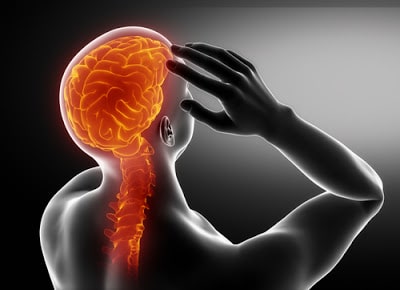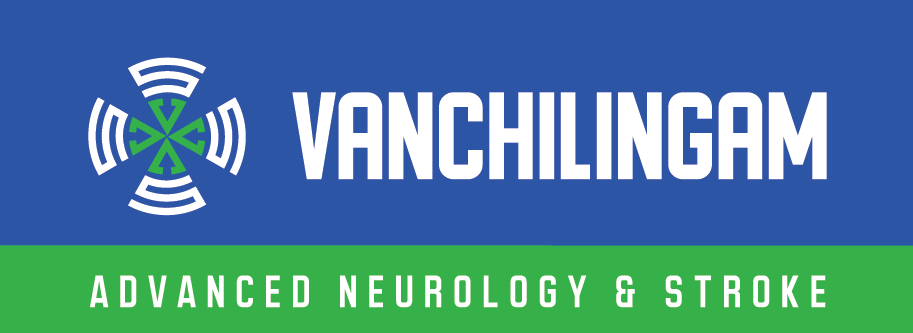Neurological Disorders – a Common Problem of Aging
You may have seen changes in the behaviour of people with increasing age. This especially happens to people over the age of 60. One will be wondering why it happens. The reason is the subclinical changes in the molecular level with ageing which leads to genomic instability. This can cause morphological and functional deterioration of the brain which includes inflammation, neuronal loss, reduced levels of neurotransmitters, etc. Additionally, decreased rate of DNA repair mechanism, malnutrition due to lack of B12 and folic acid, lead to brain damage and diseases related to the central nervous system in old aged people. A few other disorders, one can encounter are as follows:

Stroke:This is a life-threatening condition, where the blood flow to the brain or breaking of blood vessels in the brain suddenly stops. Immediate actions are required when you notice the warning symptoms; face drooping, fainting, difficulty in speaking, etc. Ischemic and hemorrhagic strokes are the two main types of strokes.
Alzheimer’s disease: Though the exact cause of this disease is unknown, it damages the brain cells and causes disorders in a human’s physical and mental activities. This disorder is of progressive type.
Parkinson’s disease: This involves the death of vital nerve cells in the brain leading to movement disorders and is progressive in nature. Proper medication is required for this and sometimes the symptoms such as resting tremor and rigidity need to be managed by surgery.
Epilepsy: Is one of the most common neurological disorders and is a collection of somatic, vegetative and mental symptoms due to the changes in the brain cells. The most common reason for epilepsy in older people is cerebrovascular diseases, neuron degenerative disorders, cerebral tumors, and head injuries.
Dementia: Almost 10 % of the elder people suffer from this disorder and is associated with old age. This is a progressive type of disorder and with time it leads to complete dependence on caregivers. Alzheimer’s disease and vascular dementia are the two major type of this disorder.
Identification of the type of disorder is difficult as these diseases normally appear after the age of 60. When you come across people with such issues or you yourself suffer from a similar neurological issue, the first suggestion is to consult a doctor where you should explain all your conditions. You might have to sit for counseling and neurology related tests. If you think these diseases are irreparable in nature, no worries, successful treatments are available for many disorders mentioned.
Blood tests and brain imaging techniques such as computer-assisted tomography (CAT) and magnetic resonance imaging (MRI) can help to identify the cause of some neurological related symptoms in patients.
Major symptoms
- Personality changes
- Sudden weakness and numbness for the body
- Difficulty in performing familiar jobs
- Memory loss
- Misplacing things frequently
How to prevent neurological disorders:
Smoking, lack of exercise, obesity, high BP and high cholesterol are some of the risk factors which can lead to neurological disorders and control over these is recommended. Control of these risk factors is equally important once you identify the neurological disorder. Reading books, doing crossword puzzles, healthy conversations and regular physical exercising are the practices you can bring into your lifestyle which can help in preventing these disorders.
When to consult a physician:
Immediate health care is needed when you find some changes in your thought process, memory and experience difficulty in performing your regular tasks. Seek medical attention as early as possible when you realize that these issues are affecting your lifestyle.
Neurologic disorders are wide-ranging. They have various causes, complications, and outcomes. Many resultsin additional needs requiring life-long management.
Dr.Vanchilingam, one of the neurology specialists in Thanjavur and founder of Dr.Vanchilingam Hospital delivers high quality and cost-effective healthcare to each and every patient who deals with neurological disorders.
Blog Reviewed by: Dr. S. Vanchilingam
Mail Us: info.vanchilingamhospital@gmail.com








